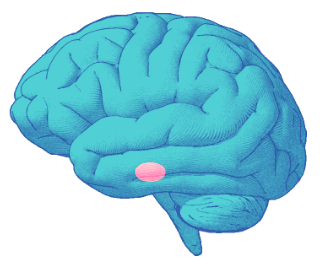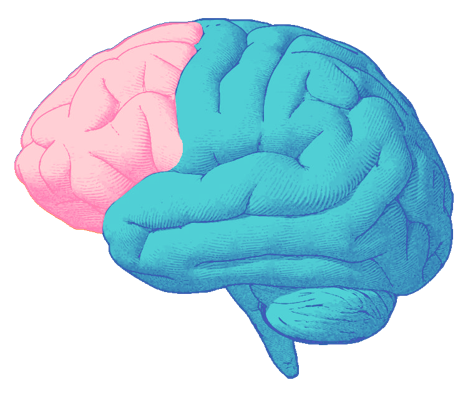I’m Kirsty, a qualified mindfulness teacher delivering the 8-week Mindfulness-Based Stress Reduction (MBSR)course
With mindfulness, we notice our lives as they unfold, instead of being lost in thought or living on autopilot, missing out on what really matters.
We wake up and are here, now.
The 8-week MBSR course is for anyone interested in boosting their wellbeing, by finding new ways to live with more energy, focus and compassion.
It’s designed to support you if you are experiencing, or have experienced, stress, anxiety, depression or chronic pain which negatively impacts your life.
With a maximum of 12 people, you will learn about mindfulness through a variety of different meditations, group discussions and teachings. Read testimonials from past participants.
Amongst other things, over the course of 8 weeks you will learn:
How to be aware of your body and how this can support you in difficult or stressful situations
How to be more compassionate, gentle and kind to yourself and other people and the transformative impact this can have
About the negativity bias and ways in which you can rewire your brain to balance this with more positive experiences
Why people tend to react the way they do and how mindfulness helps you to respond in better ways
How to be aware of thoughts instead of caught up in them, believing them all. This awareness can lead to life changing behaviours through having more confidence, self-compassion and ambition
The course comprises a two-hour session every week for eight weeks. To get the most out of the experience, home practice will also be recommended.
The impact of mindfulness on the brain
“MRI scans show that after an eight-week course of mindfulness practice, the brain’s “fight or flight” center, the amygdala, appears to shrink” (Scientific America).
This can reduce our stress and anxiety and mean we are able to respond more thoughtfully instead of react automatically, which can be particularly helpful when we feel under threat by some aspect of life.
“As the amygdala shrinks, the prefrontal cortex – associated with higher order brain functions such as awareness, concentration and decision-making – becomes thicker.” (Scientific America).
A thicker pre-frontal cortex also means we can become better at noticing and managing our emotions, planning and problem solving.
An area of the brain known as the hippocampus also becomes thicker, benefitting from mindfulness practice. This part of the brain is responsible for learning and memory.
“Mindfulness is awareness that arises through paying attention, on purpose, in the present moment, non-judgementally.”
— Jon Kabat-Zinn (founder of the MBSR course)




